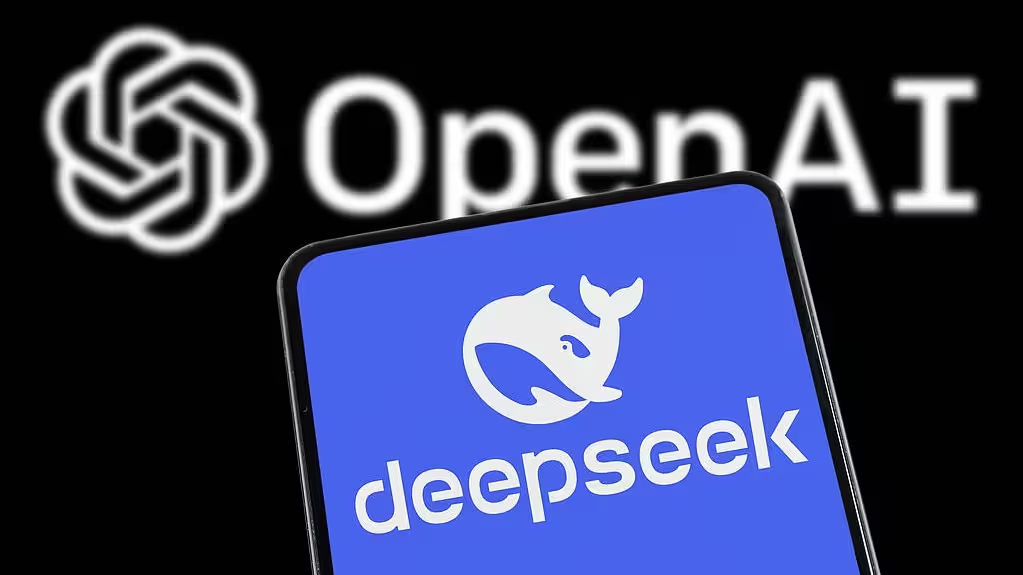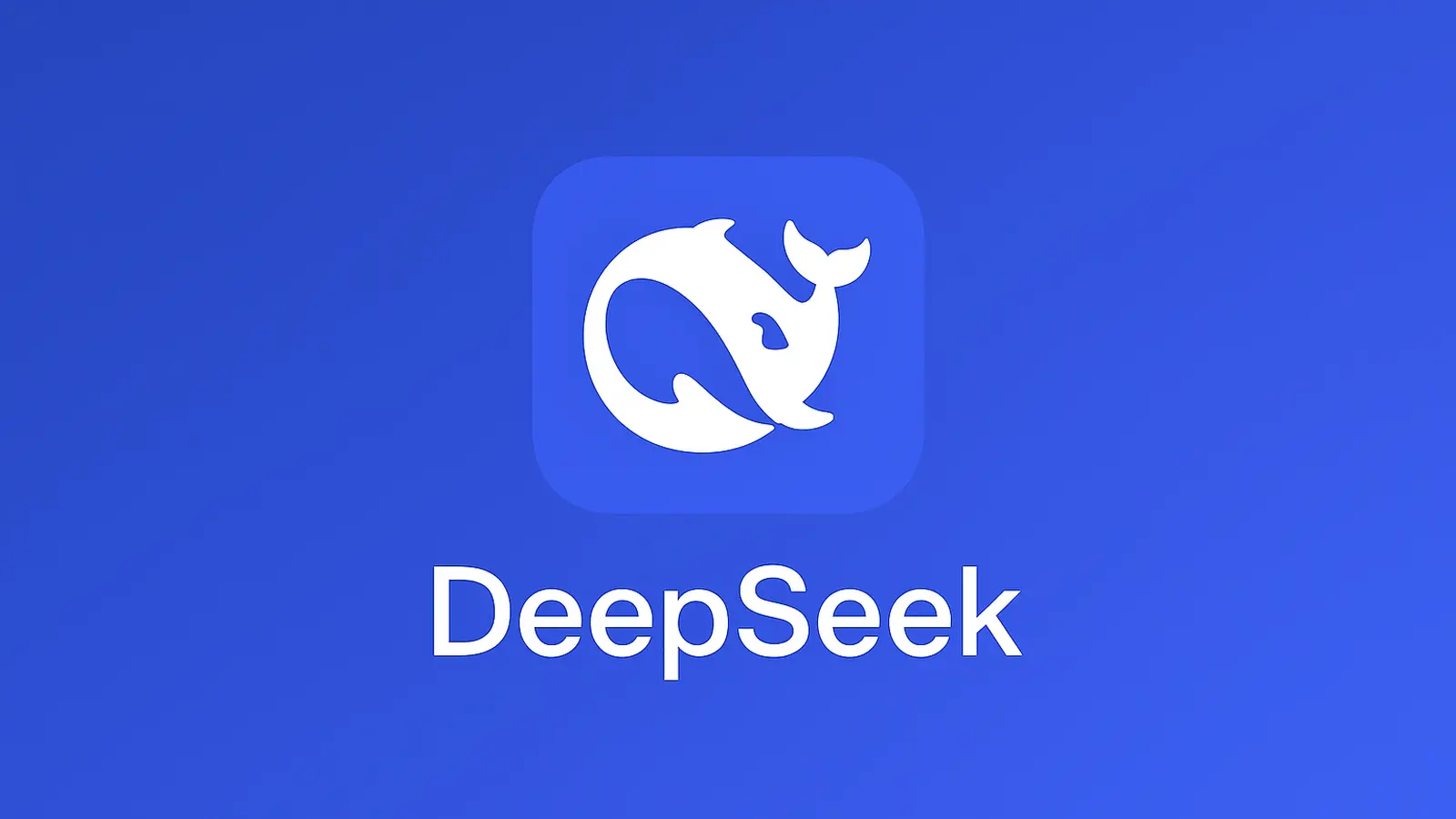3 Minutes
DeepSeek sets sights on agent market with R2
Hangzhou-based startup DeepSeek is preparing to introduce a next-generation AI agent before the close of 2025, according to Bloomberg. The company says the new system will tackle complex, multi-step tasks with minimal user input and improve over time by learning from its own actions—bringing agent-style automation to productivity, developer tooling, and enterprise workflows.
Background: how R1 upended expectations
DeepSeek first turned heads with its open-source R1 model earlier this year. R1 showcased strong reasoning at a reported build cost of roughly $6 million—far below the multi-hundred-million-dollar efforts behind some large language models. By making R1 freely available, DeepSeek challenged the industry assumption that only the largest budgets and datasets can produce competitive AI.
Product features
Core capabilities
The upcoming R2 agent is engineered for multi-step task execution—examples include travel planning, software debugging, and orchestrating business processes with minimal supervision. The model incorporates reinforcement from past actions to refine future performance, an important feature for autonomous agents.
Technical highlights
DeepSeek’s recent V3.1 update expanded the context window to 128,000 tokens and increased model scale to about 685 billion parameters, enabling longer conversations, bigger documents, and more persistent memory. The company also enforces mandatory AI-generated content labels on outputs, a non-disableable policy that distinguishes its platform in terms of transparency and compliance.
Comparisons and competitive landscape
Global players including OpenAI, Microsoft, and Anthropic have already rolled out agent-focused features and integrations. DeepSeek’s strategy—leaner engineering costs, open-source roots, and aggressive long-context support—positions it to compete directly on agent capabilities and cost-efficiency. Domestic rivals like Alibaba and Tencent are accelerating their own releases, but DeepSeek has taken a deliberately cautious development pace under founder Liang Wenfeng.

Advantages and use cases
Key advantages include lower development cost, strong reasoning per dollar, extensible open-source tooling from R1, and an extended context length for complex workflows. Use cases span automated travel and itinerary planning, continuous debugging and code fixes, CRM and sales workflow automation, and knowledge-worker productivity boosts through delegated task management.
Market relevance and implications
Details on pricing, availability, and exact technical specs for R2 remain sparse. Still, the launch is expected to attract close attention from Silicon Valley and Washington policymakers alike. DeepSeek’s fast progress highlights China’s growing influence in AI development and raises questions about global competition, regulation, and the future of agent-driven services.
Source: gizmochina


Leave a Comment